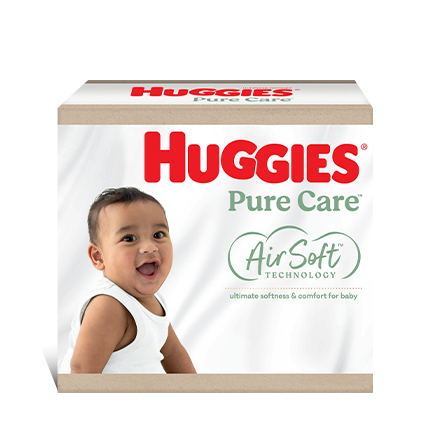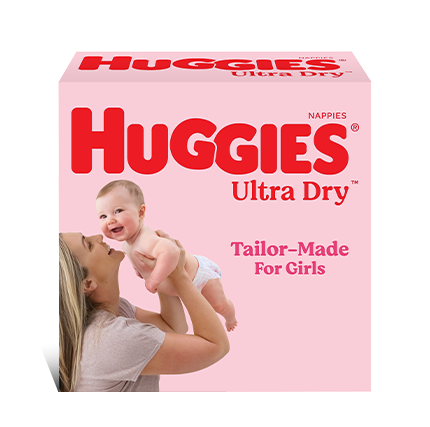Postnatal anxiety is very common, but often misread as stress or just put down to being part of a person's personality (being very organized, a perfectionist). Whilst everyone experiences some degree of anxiety from time to time when faced with a stressful situation (flight or fight response) for others these feelings are with them all the time, and can significantly impact upon their ability to enjoy their baby and cope from day to day.
Often people with anxiety conditions will find that they start avoiding people or situations that lead them to feel anxious. Whilst this may help initially however, over time this may only increase and the anxiety condition may become worse.
Anxiety is the broad term used to refer to a range of conditions that have a number of common symptoms including:
- feelings of fear and worry which begin to take over your thinking
- feeling irritable, restless, tense or constantly on edge
- racing heart/strong palpitations sometimes panic attacks
- reoccurring worrying thoughts such as that you are not doing things right and/or that something terrible will happen
- unable to sleep even when you have the opportunity avoiding situations for fear something bad will happen.
The good news is that there are safe and effective treatments available for anxiety conditions such as medications (some of which can be used in breastfeeding) and psychological strategies. Getting help for anxiety early rather than waiting until things have become overwhelming and difficult to control is advised so it is a good idea to be proactive and talk to your health professional sooner rather than later.
For more information about the different types of anxiety disorders and the range of safe and effective treatments for each visit COPE: Centre of Perinatal Excellence
Last Published* May, 2024
*Please note that the published date may not be the same as the date that the content was created and that information above may have changed since.





















